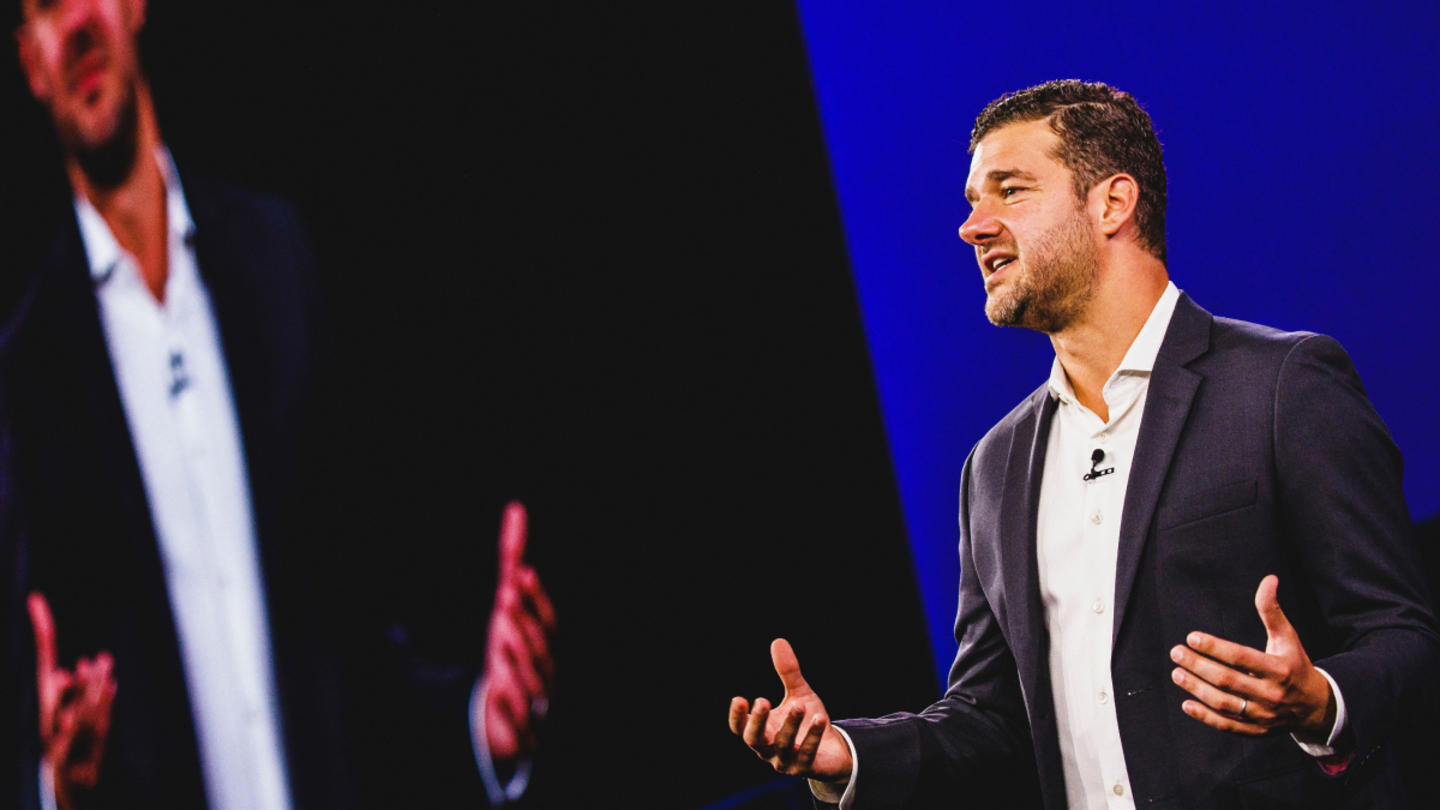What if we could build new homes in a matter of days and at a fraction of the cost? What if we could generate energy that’s cleaner than solar and cheaper than natural gas? What if we could access affordable health care from our homes?
According to Sal Churi, the founder of Trust Ventures, a venture capital firm that helps start-ups face regulatory barriers to their work, we already can.
As Churi explains, the outdated laws and regulations put in place to “protect” us often end up serving as barriers to the kind of change we need. He’s on a mission to break through the red tape. Churi’s work teams with startups to “change the world by challenging the status quo.”
“From housing to health care to energy, the technology exists to solve these problems,” Churi explains. “But those technologies have to get over regulatory barriers in order to get into people’s hands.”
Trust Ventures’ mission is to break through barriers to change.
Churi’s work focuses on the kind of innovation that changes lives. It’s the kind of innovation that changes the world by challenging the status quo.
Here are two major examples of the kind of work Trust Ventures does:
New homes built in a day
ICON Technologies was one of the first firms to team up with Trust Ventures. Utilizing its 3D-printing Vulcan construction system, the company can build the core structure of a new home in 24 hours and finish the project in just eight days—at a fraction of the cost of a traditional house.
This technology has the potential to revolutionize home construction. “There’s a lot of pent-up demand for potential solutions,” says Icon co-founder Evan Loomis. But the company’s progress has been hampered by a static housing code ill-equipped for a massive technological leap in home construction. Loomis calls it a “’we’ve always done it this way’ kind of red tape.”
Things are changing, fortunately. Churi’s team at Trust Ventures helped ICON break through barriers to change and receive the first permit in history to 3D-print a house and overcome the regulatory restrictions that prevented it from building at scale. ICON is about to begin taking reservations for its first housing development just outside Austin, Texas. And they’re just getting started.
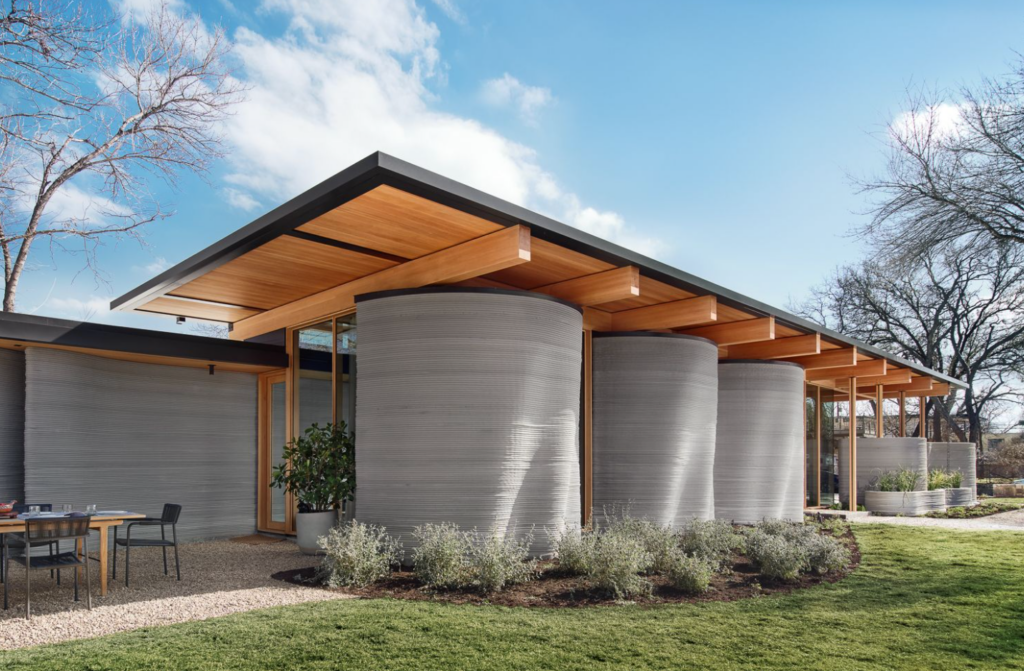
Healthcare at home
Health care startup Visibly developed the first digital vision test patients can self-administer with a PC and smartphone. The process takes about six minutes from start to finish. It’s a service that could benefit the millions Americans who require eyecare, including many who simply can’t afford or access quality care at all.
The problem for Visibly, though, had less to do with outdated public policies than special interest groups actively trying to stop them. Where most see Visibly as a benefit to people’s lives, the American Optometric Association (AOA), a powerful lobby group representing U.S. optometrists, saw this innovation as a threat to the status quo they represent. They went state to state trying to block the startup’s technology and pressured the federal Food and Drug Administration (FDA) to recall Visibly’s eye test.
For most startups, that would be the end of the story as they often lack the resources to go toe-to-toe with powerful lobby groups. Churi and Trust Ventures fought back on Visibly’s behalf. In August 2022, the company received FDA clearance to resume serving patients across the U.S. while much of the state legislation that blocked their technology has now been removed.
Sign up for the Stand Together newsletter and get stories, ideas, and advice from changemakers to help you tackle America’s biggest problems.
Why we should be using innovation to solve the world’s problems
Visibly’s story illustrates the point. We tend to assume that regulation keeps us safe, but bureaucratic restraints can harm us by keeping innovative technologies locked away.
Churi cites Oklo’s micro-nuclear reactor as a case in point. This revolutionary power plant runs on spent fuel from conventional thermal reactors–which means it cannot melt down. The company’s goal is to power public utilities, industrial sites, large companies, universities and rural communities—providing abundant, clean electricity on a small scale, in other words.
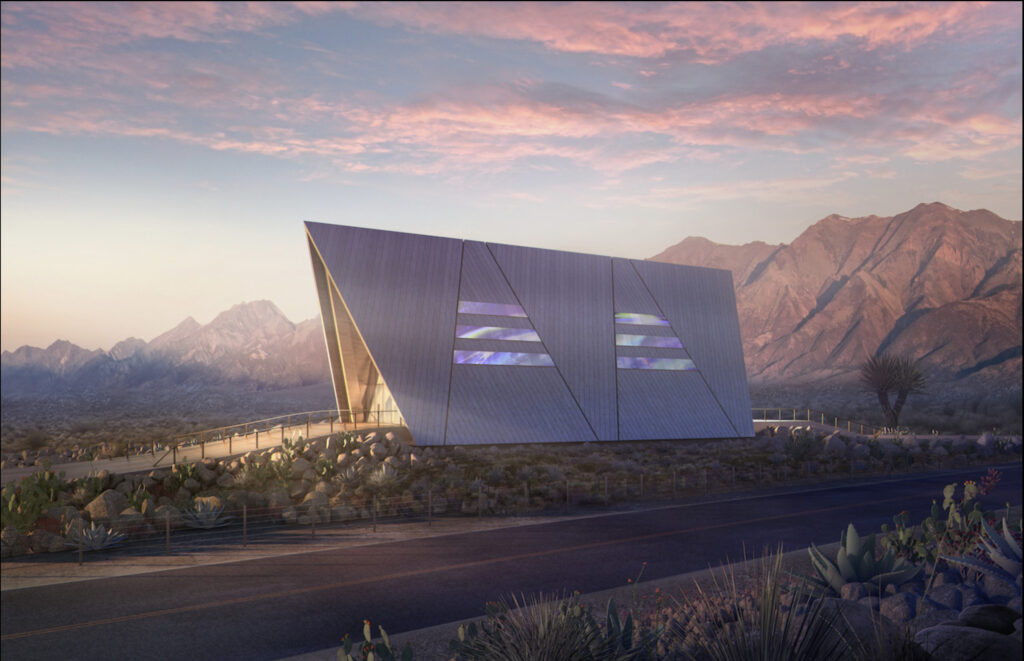
Historically speaking, constructing nuclear power plants is expensive. The sector has remained competitive by building multi-billion-dollar facilities that produce enough electricity to power modern cities, offsetting the upfront investment they require.
In contrast, Oklo’s first reactor, known as the Aurora, will put out an anticipated 1.5 megawatts of electrical energy. Its novel design will make Aurora more efficient than its gargantuan predecessors, less expensive to build, and create energy that’s even cleaner than solar. So far, 20 comparably designed reactors are already in operation around the globe.
“No one’s going to say we should just deregulate nuclear material,” says Churi. “But is there a way we can deliver clean, affordable, and abundant energy without sacrificing safety?” In Oklo’s case, the answer is yes. With support from Trust Ventures, they’re now working with the federal Nuclear Regulatory Commission (NRC) to overcome the last major regulatory barrier that’s keeping the benefits of this breakthrough technology from solving one of the biggest problems of our time.
ICON, Visibly, and Oklo are just three of the startups Churi and Trust Ventures are helping break through barriers to change.
“These companies represent a new way to change outdated policies,” Churi says. “Rather than [going from] the top down, they’re just building a better future and putting it into people’s hands. That’s the best way to bring an old system into the modern era.”
Trust Ventures is supported by Stand Together Trust, which provides funding and strategic capabilities to innovators, scholars, and social entrepreneurs to develop new and better ways to tackle America’s biggest problems.
Learn more about Stand Together's efforts to make the economy work for all, and explore ways you can partner with us.
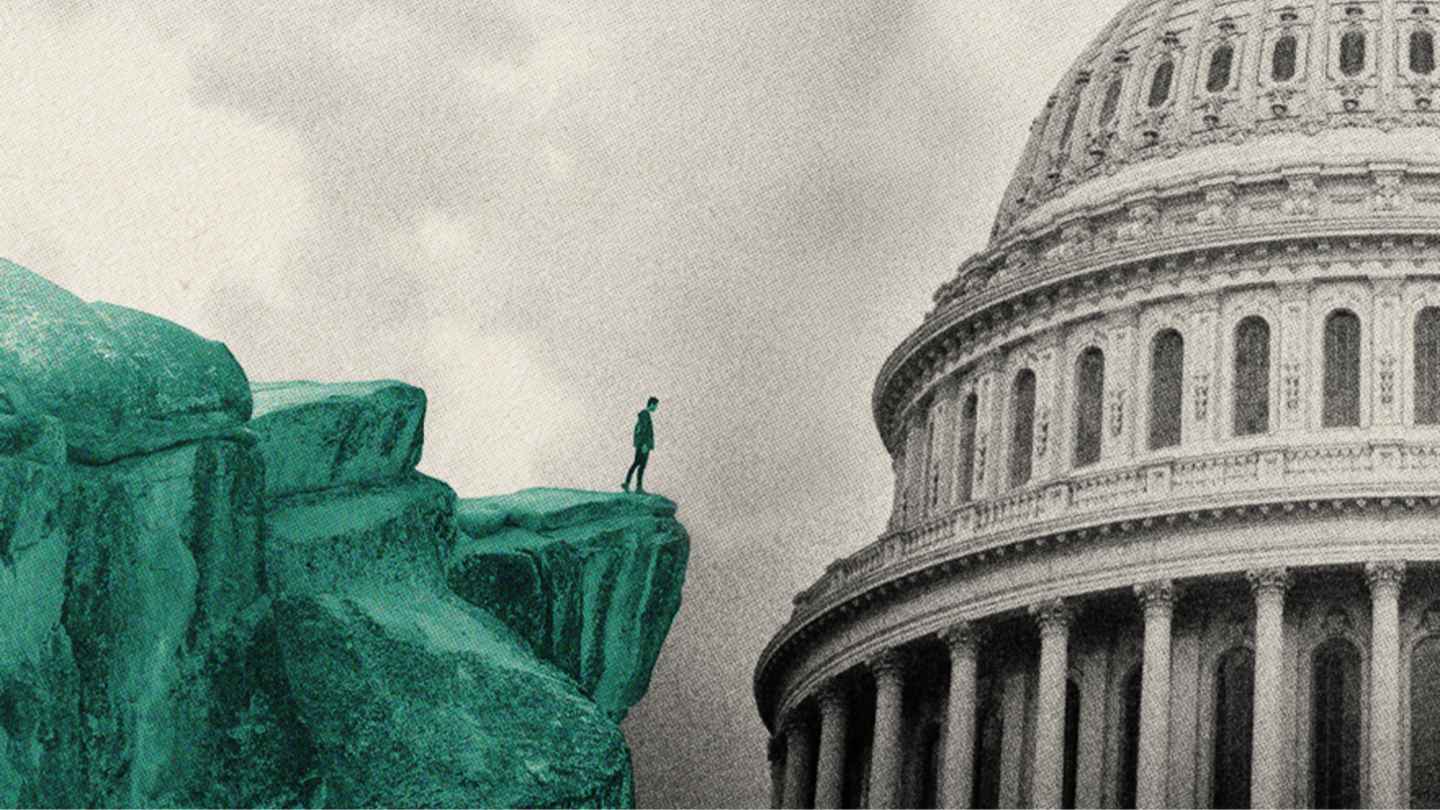
A coalition of scholars and policymakers are working on long-term economic solutions — together.
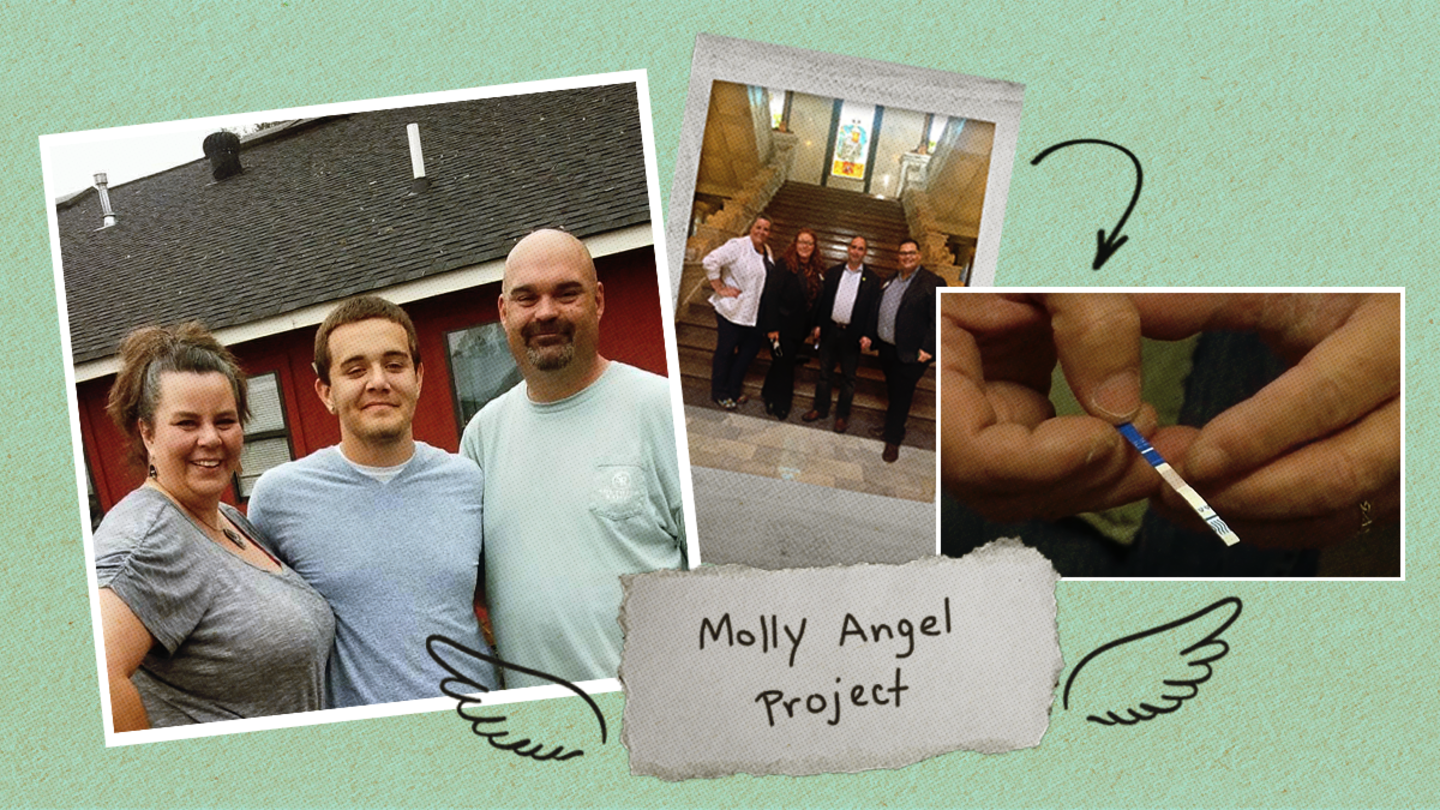
With the help of Americans for Prosperity, Christi Berrong-Barber learned her personal story has the power to make lasting change.
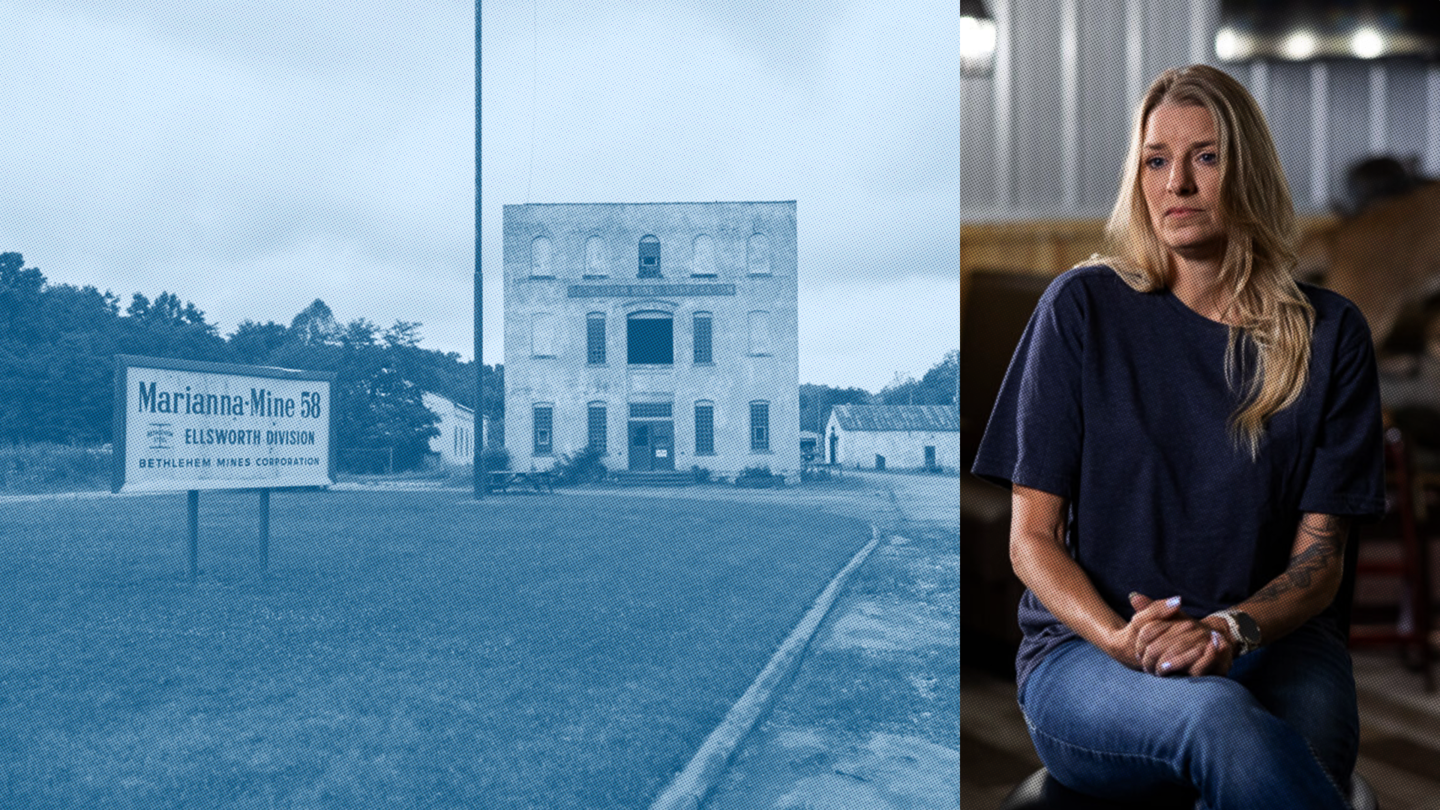
In Pennsylvania, two mining towns are trying to recover from the economic turmoil created by Washington’s overregulation.
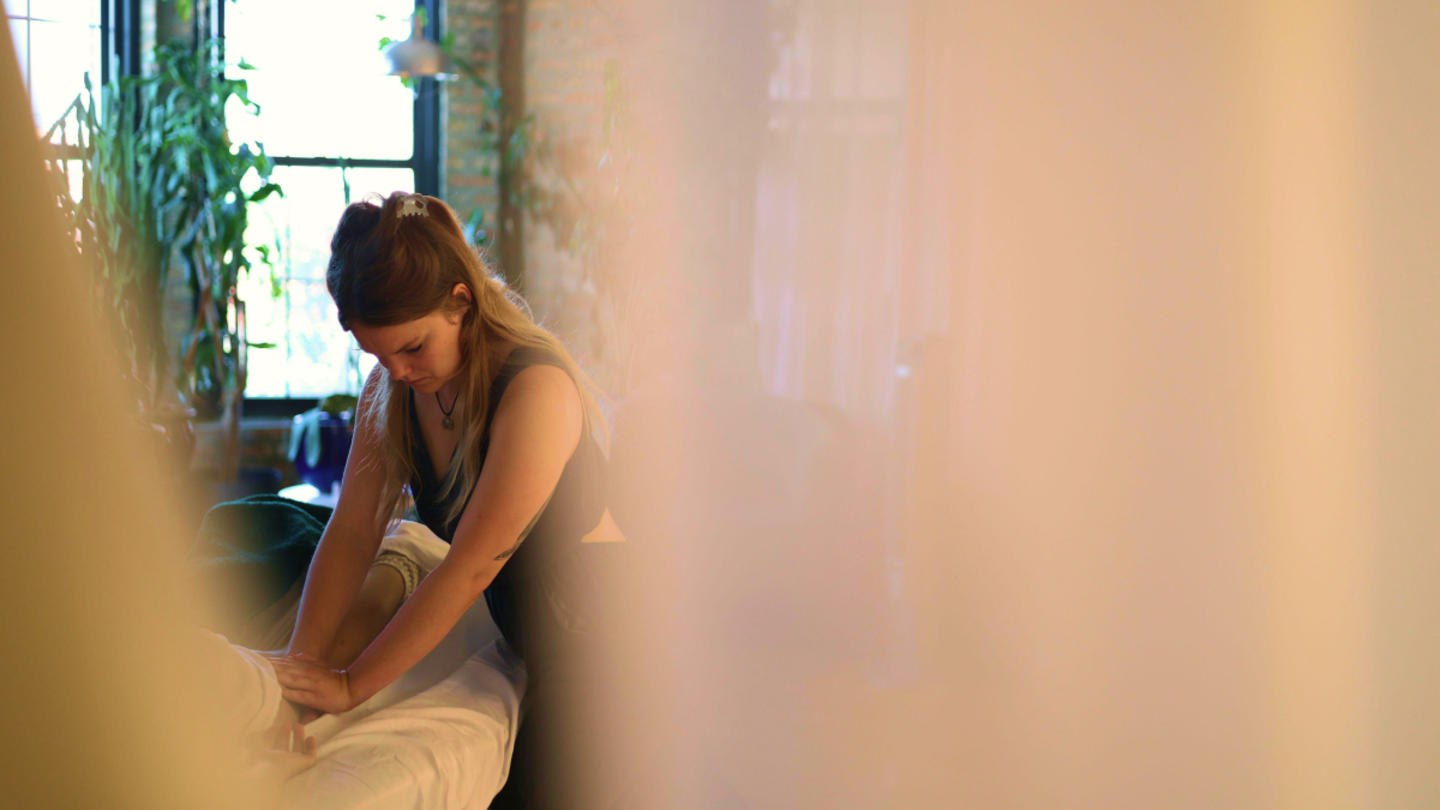
Less restrictive licensing gives Americans the freedom they deserve to pursue meaningful and successful work.
